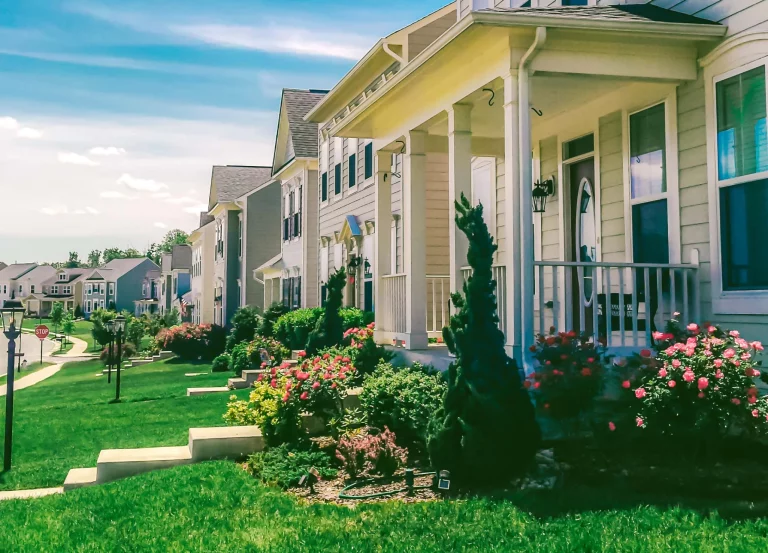When selling a home, we all want to see the maximum return on our investment, but we need to be careful. Overpricing will not only prevent your home from selling but can also leave negative lasting effects. If you price your home too high from the beginning, the result will likely be less money in your pocket by the end.
You may have already made the mistake of overpricing your home, meaning it is crucial to identify this and rectify it straight away. To help you know if what you are asking fails to meet market expectations, we’ve identified the top five signs your home is priced too high.
Sign #1: Your price is a lot higher than your neighbors
Your neighborhood is a great spot to gather some important data. The home values should be relatively consistent, and you’ll know if your home is overpriced if it sits significantly higher than others nearby.
Allowing for the fact that no home price is identical, but if you are looking at a $200,000-$300,000 value difference, you may be overpriced. A comparative market analysis will give you information about sold homes in the past 6-months to help you avoid issues with bank appraisals and keep your home within a reasonable price range.
Sign #2: You’ve had little to no viewings
If your home has been listed for a few weeks and you’ve had only a few viewings (or, even worse, none), you are clearly not connecting with the market. This is most likely due to the price and not the home, as people aren’t even making it to the front door. You need to adjust the price to generate some activity. This can also apply to rental properties that will see no interest if priced incorrectly.
Remember, most real estate sites and apps allow you to filter your search by price range. If yours is too high, you’ll miss the market that would be interested in your property completely; instead, targeting the ones that are looking to buy something bigger/nicer/etc.
Sign #3: You haven’t received any offers
So people are coming to view the property, but no offers are being made? In a home is priced correctly, you should receive at least one offer within two to three weeks. If this isn’t the case, your home is most likely overpriced.
Be particularly aware of this if you are currently in a seller’s market, as an offer should come through within the first couple of days. Luxury homes or waterfront properties can sometimes take a bit longer, but you should see some action relatively quickly for a standard suburban home or apartment.
Sign #4: Your agent recommended a much lower price
When speaking with prospective real estate agents, one of the most important questions you should ask is about pricing. The agent should explain how they came up with the listing price. If interviewing more than one, keep an eye out (and possibly avoid) for those who recommend a significantly higher price than the others.
If the agent recommends a lower price than you were hoping for, you will want to know why. They likely have a better understanding of the market than you, so it’s important to heed their advice (within reason).
Sign #5: You only receive lowball offers
Some overpriced homes will receive ‘lowball’ offers. You may need to reconsider your price if this happens a lot, as the interest is there, but the market is telling you the price is wrong. Remember, buyers do just as much, if not more, research as sellers, and they will be out looking at a lot of comparative homes.
Sure, some will likely just be trying to get a good deal, but others will know what they should and should not be paying based on the current market. It’s important to consider this if every offer is a lot lower than your asking price.
Ensuring the correct price for your home should have it selling in a relatively quick time frame. Conversely, overpricing your home will draw out the process and likely ensure you receive less money than if you correctly priced it from the beginning. You can also check out Home Senator for some great ideas to ensure your property is primed for a quick sale. Best of luck!

